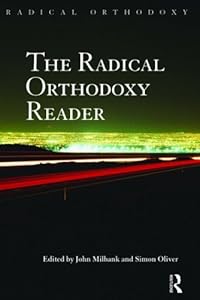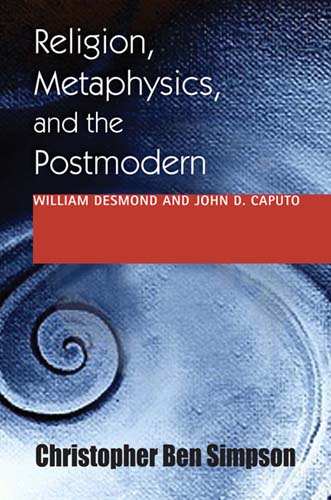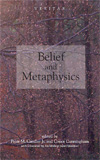 Off the presses this week: The Pope and Jesus of Nazareth: Christ, Scripture and the Church, a collection of essays from the conference of the same name held at the University of Nottingham in the summer of 2008. Published by SCM Press in conjunction with the Centre of Theology and Philosophy in the Veritas series, edited by Adrian Pabst and Angust Paddison.
Off the presses this week: The Pope and Jesus of Nazareth: Christ, Scripture and the Church, a collection of essays from the conference of the same name held at the University of Nottingham in the summer of 2008. Published by SCM Press in conjunction with the Centre of Theology and Philosophy in the Veritas series, edited by Adrian Pabst and Angust Paddison.
Details:
The publication of the book Jesus of Nazareth on 16 April 2007 was an unprecedented event: never before had a reigning Pope published personal reflections on Jesus. Benedict XVI's book engages not just with New Testament scholarship but also with fundamental methodological questions related to historical criticism.
The Pope and Jesus of Nazareth provides essays by some of the leading scholars in Britain, continental Europe and the USA to highlight the insights and limits of the Pope's reflection on Jesus. Specifically, it engages with the book from critical, cross-disciplinary and different faith perspectives.
Contributors include: Richard Bell, Markus Bockmuehl, Peter Casarella, Roland Deines, Henri-Jérôme Gagey, Richard B. Hays, Fergus Kerr OP, Francisco Javier Martínez, John Milbank, R. W. L. Moberly, George Dennis O'Brien, Angus Paddison, Adele Reinhartz, Mona Siddiqui, and Olivier-Thomas Venard OP.
Endorsements previously mentioned here.
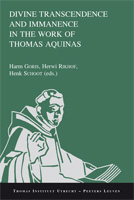 Additionally, out last month is a volume entitled Divine Transcendence and Immanence in the Work of Thomas Aquinas, a collection of studies presented at the Third Conference of the Thomas Instituut te Utrecht, 15-17 December 2005. Edited by Harm Goris, Herwi Rikhof, and Henk Schoot, this volume contains essays by CoTP members Rudi te Velde, Harm Goris, and Conor Cunningham. The full table of contents may be found here.
Additionally, out last month is a volume entitled Divine Transcendence and Immanence in the Work of Thomas Aquinas, a collection of studies presented at the Third Conference of the Thomas Instituut te Utrecht, 15-17 December 2005. Edited by Harm Goris, Herwi Rikhof, and Henk Schoot, this volume contains essays by CoTP members Rudi te Velde, Harm Goris, and Conor Cunningham. The full table of contents may be found here.
Collection description:
The terms 'transcendence' and 'immanence' are often used casually and as self-evident. The spatial imagery contained in their meaning determines the way they are understood and used: as opposites, like 'there' and 'here'. As a consequence, the two concepts are seen as mutually exclusive when applied to God's being and to his activity and presence in our world and in our history. This view on the relationship between God and world is characteristic not only of deism and pantheism, but also of theism.
However, in the view of Thomas Aquinas, such an opposition cannot adequately capture the central tenets of the Christian faith. This book explores Aquinas' thought on transcendence and immanence in his discussions of creation, analogy, the Trinity, grace and Christ, and offers interpretations in which God's transcendence and his immanence do not exclude but imply one another.





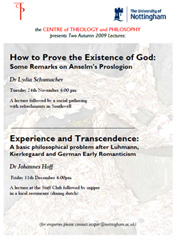
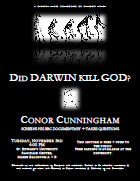
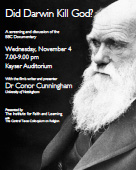
 Released this year is an edited volume by
Released this year is an edited volume by 


 University of Nottingham
University of Nottingham